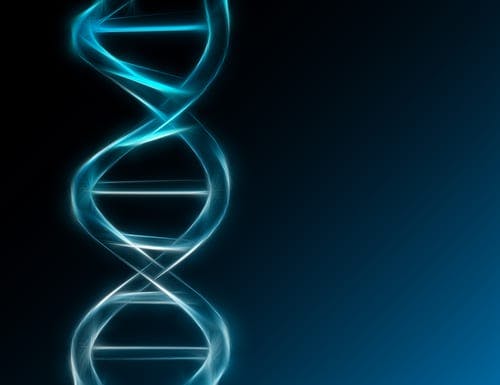With more and more data being created every second, it’s not going to be long before we run out of space, or we see our hard drives break down due to over capacity. But scientists at the EMBL-European Bioinformatics Institute have discovered a new way to store information using DNA.
The unconventional new storage idea was published in the journal of Nature this month, with the Institute saying that they’d be able to store at least 100 million hours of high definition video in about a cup of DNA.
“We already know that DNA is a robust way to store information because we can extract it from wooly mammoth bones, which date back tens of thousands of years, and make sense of it,” says Nick Goldman of EMBL-EBI. “It’s also incredibly small, dense and does not need any power for storage, so shipping and keeping it is easy.”
Writing DNA was the biggest hurdle until recently, and both writing and reading DNA proved prone to errors, however Goldman and co-author Ewan Birney worked to overcome these issues by breaking up the code into overlapping fragments. To do this they worked with Agilent Technologies, Inc in California whose new method allowed them to synthesise DNA based on encoded information. An mp3 of a section of Martin Luther King’s ‘I have a dream’ speech, a jpg of the Institute and a txt file of Shakespeare’s sonnets were among some of the material to be synthesised into DNA. It was then sent back to the Institute where it was sequenced and decoded without errors.
While this process is currently not cost or time effective, the long life of DNA makes it a viable alternative for future storage.

